As city and state leaders in Tennessee shut down or limit business operations to fight the spread of COVID-19, business owners across Tennessee are grappling with whether they will receive payments after buying business interruption coverage to protect them from lost income.
Business interruption insurance policies typically cover loss of revenue from fires or natural disasters. At issue is whether the policies owners bought exclude coverage for pandemics, as well as whether the virus causes physical damage to properties.
Businesses that have been paying for business interruption policies that do not exclude pandemics should be covered, said John Houghtaling, an insurance lawyer based in New Orleans who advocated for policyholders after Hurricane Katrina. And, it's important for businesses to check their policy to see if they are covered, instead of taking the insurance company's word on it, he said.
"People need to look," Houghtaling said. "It's not just the restaurants. Every single business in America is facing this issue."
If an order from a government to stop business refers to property damage from COVID-19, a company that bought business interruption without a virus exclusion is protected, Houghtaling said. While health officials have said the virus can be transmitted through contaminated surfaces, posing a health risk beyond personal contact, insurers are likely to argue that the civil orders were prompted only to prevent person-to-person infection, he said.
In Nashville, Mayor John Cooper has ordered non-essential businesses to close. Statewide, Gov. Bill Lee has mandated restaurants and bars stop dining operations and shift to takeout, delivery and drive-thru service. Both of which have spurred significant losses at area restaurants and other businesses.
Neither Metro Nashville's or Tennessee's orders mentioned damage to property. Lee's order pointed out that the CDC and President Trump had encouraged precautions such as washing hands "especially after touching any frequently used item or surface" and "disinfecting frequently used items and surfaces as much as possible."
Both New York and New Orleans included property damage from COVID-19 in March 16 executive orders, making it more difficult for insurers to make the case the business interruption claims are not covered, Houghtaling said.
Insurers are pushing back on that line of thinking. American Property Casualty Insurance Association officials have said many business interruption policies do not cover viruses and that some are calling for actions that would "rewrite" existing policies.
"These types of proposals could have dramatic repercussions for families, individuals, motorists and businesses, potentially compromising the financial ability of insurers to meet their existing promises," David A. Sampson, CEO of American Property Casualty Insurance Association, said in a statement. “If policymakers force insurers to pay for losses that are not covered under existing insurance policies, the stability of the sector could be impacted and that could affect the ability of consumers to address everyday risks that are covered by the property casualty industry."
Even if an order does not explicitly mention property damage, Houghtaling said if the underlying cause includes property damage, the policy should kick in. Houghtaling has filed a lawsuit on behalf of a restaurant in New Orleans, asking the court to determine that a civil authority order triggers business interruption coverage for companies that do not have a pandemic exclusion.
The Tennessee Department of Commerce & Insurance said business interruption coverage will depend on each company's insurance policy and instructed business owners to examine their civil authority order clauses.
"We encourage business owners to review the policy and reach out to their agent to discuss the policy," Tennessee insurance department officials said in a statement.
Baker Donelson attorney Lee Harrell, based in Mississippi, said businesses often do not buy business interruption policies that include coverage for pandemics, just like they tend to overlook flood insurance. Nonetheless, he also encouraged business owners to check their policy.
"If the civil authority order was issued because of physical damage, there could possibly be coverage," Harrell said. "If it was issued with no physical damage and you had a virus exclusion, it is possible and probable there may not be coverage. Each policy needs to be looked at by itself."
Houghtaling said that as many as half the policies that have come across his desk related to COVID-19 closures do not have a pandemic exclusion. Those are entitled to the coverage they have been paying for to protect their companies.
"We are talking about not just the businesses, but the people, about the employees," Houghtaling said.
